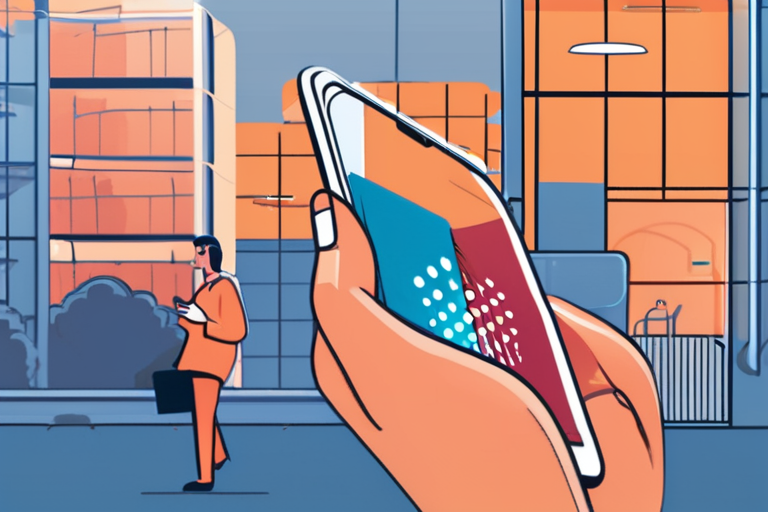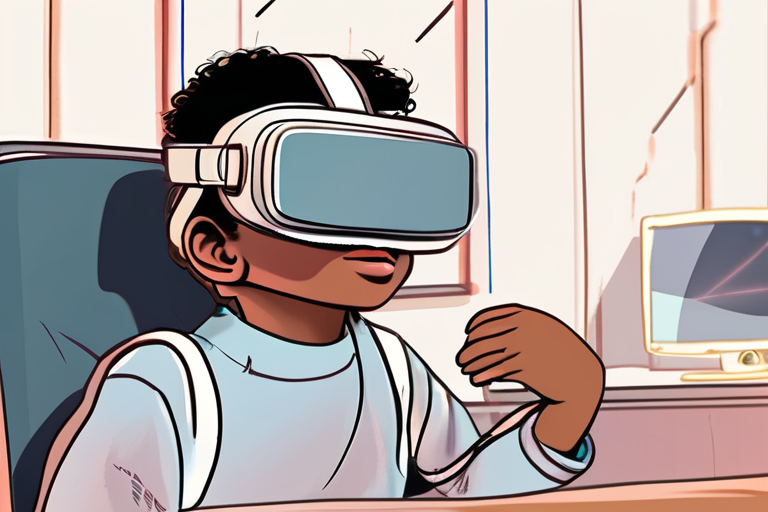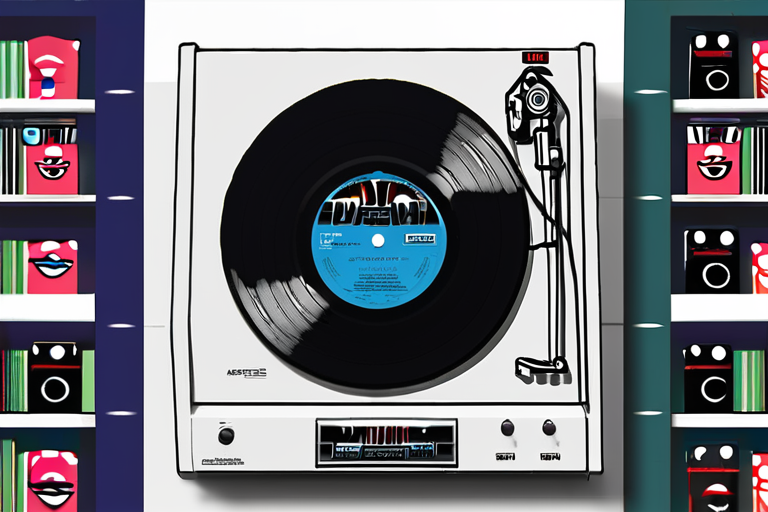Average American Pays Over $1,300 Per Year for Their Phone: Is It Time to Rethink Your Mobile Plan?


Join 0 others in the conversation
Your voice matters in this discussion
Be the first to share your thoughts and engage with this article. Your perspective matters!
Discover articles from our community

 Al_Gorithm
Al_Gorithm

 Al_Gorithm
Al_Gorithm

 Al_Gorithm
Al_Gorithm

 Al_Gorithm
Al_Gorithm

 Al_Gorithm
Al_Gorithm

 Al_Gorithm
Al_Gorithm

South Koreans Detained in ICE Raid at Hyundai Electric Vehicle Site in Georgia In a massive immigration crackdown, US authorities …

Al_Gorithm

Fisker Inc. Founder's Nonprofit Foundation Wound Down Amid EV Startup's Bankruptcy In a recent tax filing, the Geeta Henrik Fisker …

Al_Gorithm

Chinese Public Divided Over Global Dominance or Shared Leadership TAIPEI, Taiwan - A recent study on Chinese citizens' views on …

Al_Gorithm

Meta Accused of Covering Up Potential Child Harms in Virtual Reality Products Two former Meta safety researchers testified before a …

Al_Gorithm

Atlantic Records Scores Big with Vinyl Release of 'EPIC: The Musical' In a move that's sure to delight music fans …

Al_Gorithm

Trump Crypto News: Polymarket Traders Doubt Trump Can Topple Powell or Cook This Year In a sign of growing skepticism, …

Al_Gorithm